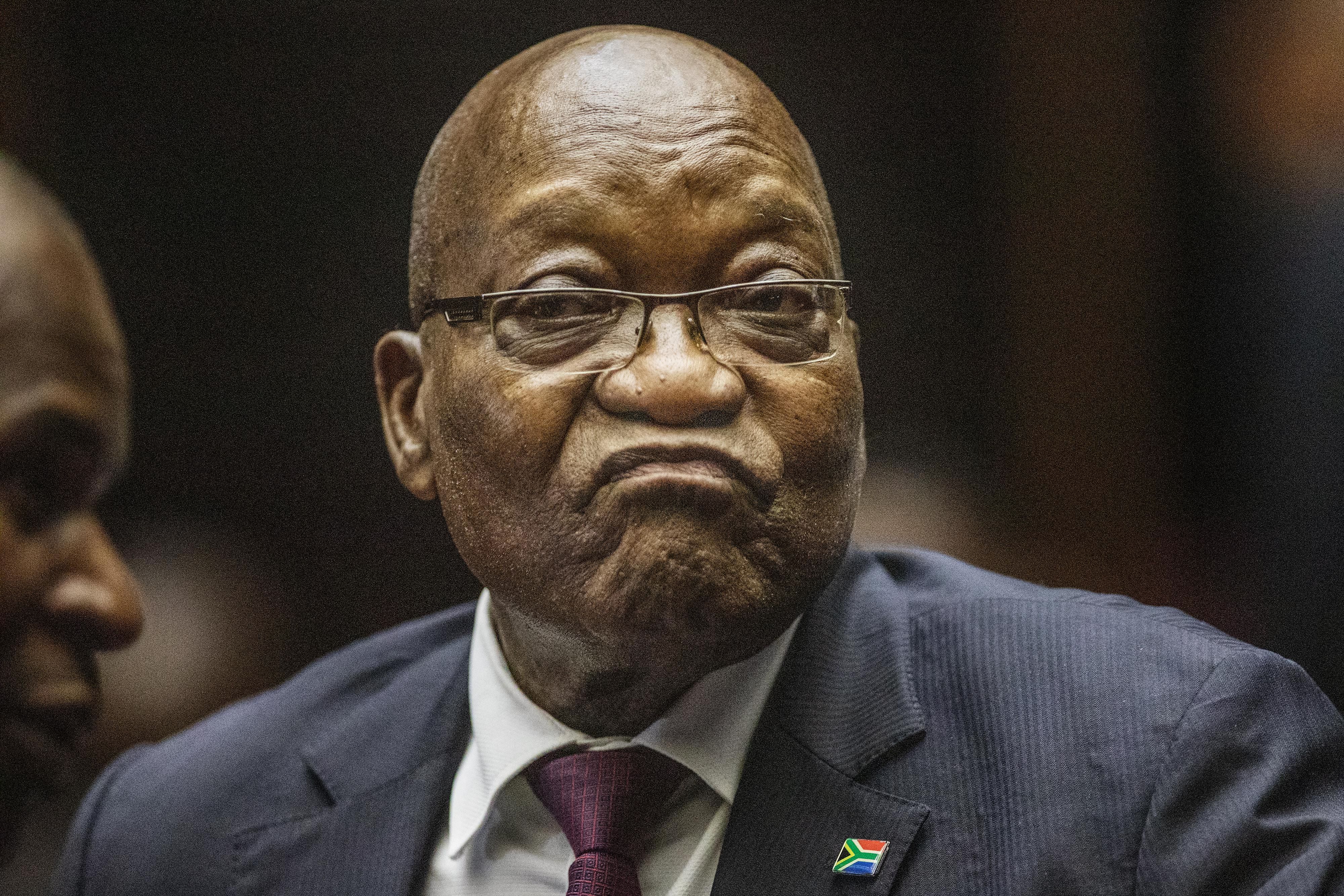15: Sometimes hard numbers are hard time. South Africa's top court has sentenced former president Jacob Zuma to 15 months for failing to appear at an inquiry into corruption that occurred during his time in office. Separately, Zuma is facing charges over graft involving a $5 billion arms deal from the 1990s, before he was president.
32: Annual asylum applications in the EU and several affiliated countries fell 32 percent last year to 485,000 claims, the lowest total since 2013. Officials say the decrease was due chiefly to pandemic-related travel restrictions rather than any softening of demand for safe haven in Europe.
21: The semi-autonomous state of Puntland in Somalia has executed 21 men who were convicted of being members of al-Shabab, a jihadist group that controls large swaths of Somalia and has wreaked havoc across East Africa. The men were killed by firing squad.
3: Rightwing Swedish opposition leader Ulf Kristersson
has three days to try to cobble together a government after center-left PM Stefan Löfven resigned as a result of
losing a no-confidence vote last week. If he fails, other parties can try, but after four failed attempts the country would go to snap elections.
